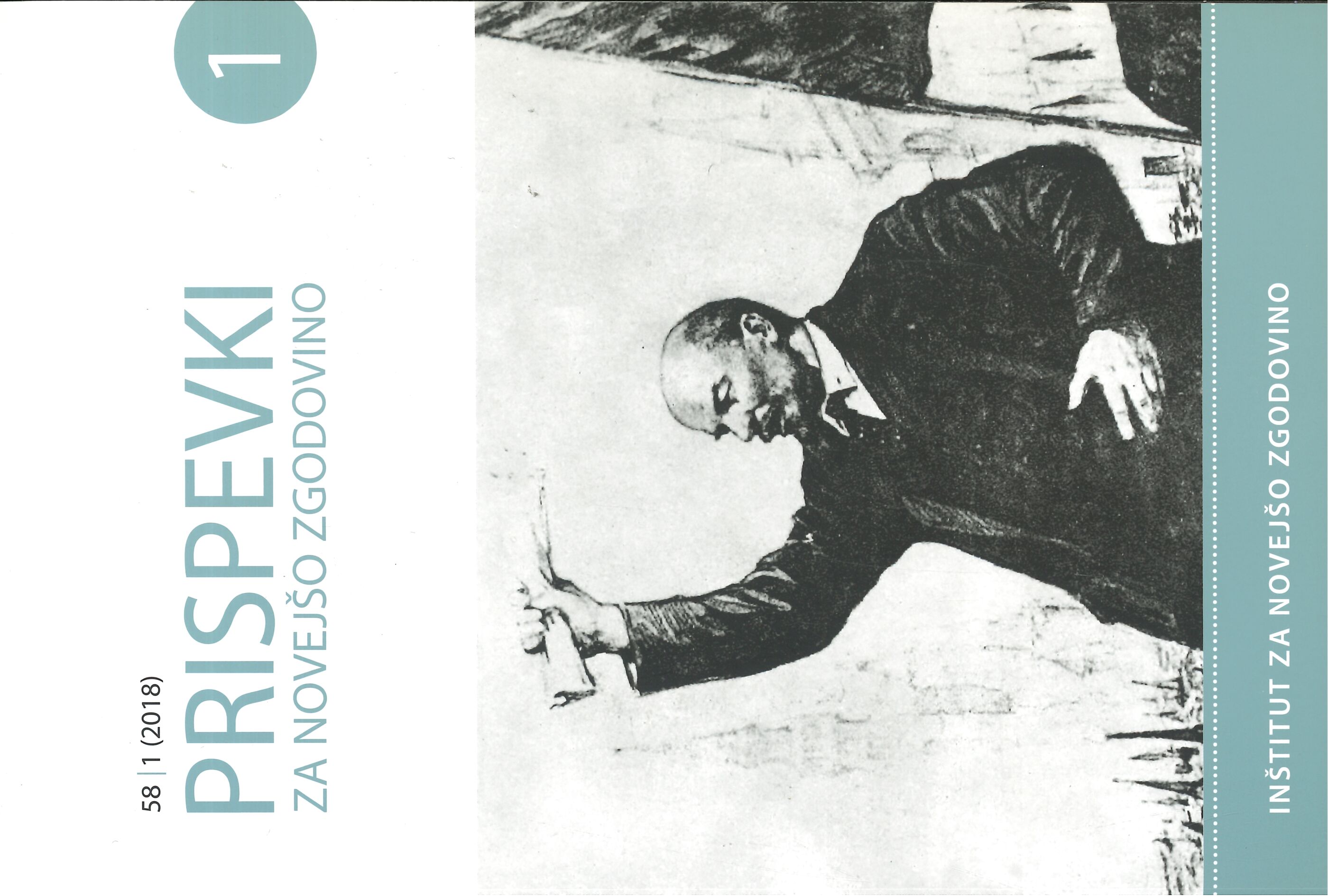»Komunizem največja nevarnost naše dobe« – o idejnopolitičnem profilu vodstva političnega katolicizma na Slovenskem na predvečer napada sil osi na Kraljevino Jugoslavijo
DOI:
https://doi.org/10.51663/pnz.58.1.06Povzetek
Prispevek obravnava idejnopolitični profil vodstva političnega katolicizma na Slovenskem na predvečer napada sil osi na Kraljevino Jugoslavijo, ki je stremelo k korporativno urejeni družbi, organizirani na podlagi papeških okrožnic in cerkvenega nauka. Zgled so bili stari stanovski koncepti iz »zlate dobe srednjega veka«. Pri tem katoliškim ideologom ni bilo jasno, kako naj bi jih v praksi uresničili. Poleg tega je bil politični režim v Sloveniji določen z režimom širše jugoslovanske države. V takšnih okoliščinah je bil brezkompromisni antikomunizem v času med svetovnima vojnama na Slovenskem instrumentaliziran predvsem kot sredstvo, ki naj bi katoliškemu taboru pripomoglo k rekatolizaciji slovenske družbe. Sicer je bil družbeni koncept, ki ga je zagovarjala katoliška hierarhija na Slovenskem, povsem kompatibilen s totalitarnim in rasističnim Hitlerjevim »novim redom«. Kot tak je bil povezan z usodo sil osi v vojni in je po letu 1945 v celoti izgubili svojo legitimnost v demokratični evropski družbeni stvarnosti.
Objavljeno
Številka
Rubrika
Licenca
Avtorji prispevkov, objavljenih v tej reviji, soglašajo z naslednjimi pogoji glede avtorskih pravic:
- Avtorji ohranijo avtorske pravice, reviji pa odobrijo pravico do prve objave. Delo se hkrati zaščiti z licenco za prosto uporabo avtorskih del (Creative Commons Attribution License), ki drugim osebam omogoča deljenje dela ob priznanju avtorstva in prve objave v tej reviji.
- Avtorji lahko sklenejo ločene dodatne pogodbene dogovore za neizključno distribucijo različice dela, objavljene v reviji, (npr. oddaja v institucionalni repozitorij ali objava v knjigi) z navedbo, da je bilo delo prvič objavljeno v tej reviji.
- Pred postopkom pošiljanja in med njim lahko avtorji delo objavijo v spletu (npr. v institucionalnih repozitorijih ali na svoji spletnih strani), k čemer jih tudi spodbujamo, saj lahko to prispeva k plodnim izmenjavam ter hitrejšemu in obsežnejšemu navajanju objavljenega dela (glej The Effect of Open Access).


